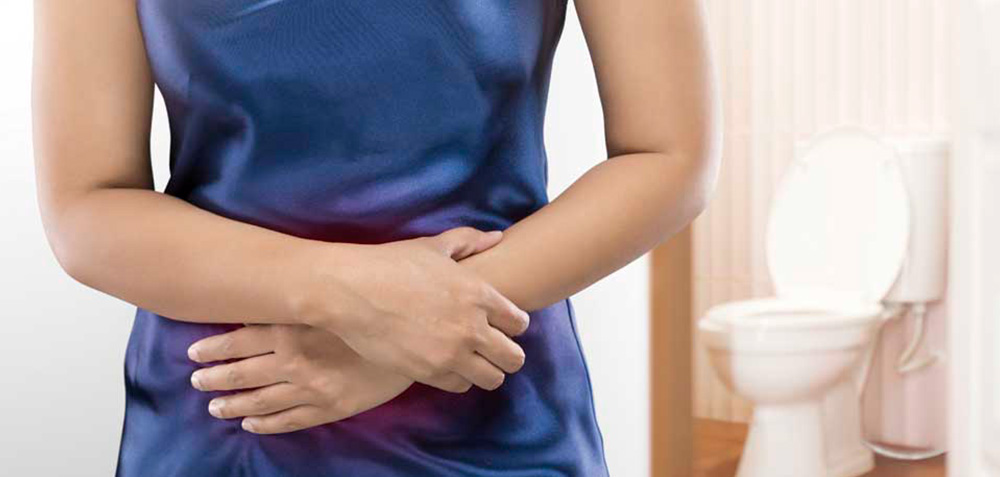
What is cystitis? Symptoms and prevention
Cystitis or urine infection is an infection in the bladder that causes pain and discomfort. Most of the time, the infection is caused by a bacterium (Escherichia coli). If detected early and the patient follows all the doctor’s recommendations, the infection quickly disappears.
If the infection is not treated at an early stage it can move and affect the kidneys, provoking a more serious health problem (pyelonephritis, kidney infection) with health consequences. That’s why a fast diagnosis is essential to control the infection.
Some of the main symptoms of cystitis are:
- A constant need to urinate
- Pain when urinating
- Presence of blood in the urine
- Strong smell of urine
- Fever
- Shaking chills
- Back pain
Everybody, men, women, and children, may suffer from cystitis but it is true that women, because of their body characteristics like by shorter urethra, are in more risk to get infected. Furthermore, there are more risk factors.
- The use of a diaphragm as a contraceptive method
- Pregnancy
- Sex
- Menopause
- Diabetes
- The use of bladder catheter for a long time
If you begin to suffer from some of these symptoms, it is essential to visit the doctor. A urine test helps to diagnose it, and he/she will provide an appropriate plan of care.
We can also introduce habits that help reduce the risk of suffering from cystitis:
- Drink plenty of water. It will make you visit the toilet more often and eliminate bacteria in the bladder.
- Avoid controlling the need to urinate.
- Be especially careful when cleaning yourself after going to the bathroom. For women, always from front to back to avoid bacteria from the anal area that can affect the urethra.
- Avoid wearing a wet swimsuit for a long time.
Keep in mind that specific plans of care and medication can also cause urine infection or could appear as a complication of disease. In these situations, the patient should not wait to contact their doctor when the first symptoms appear.
